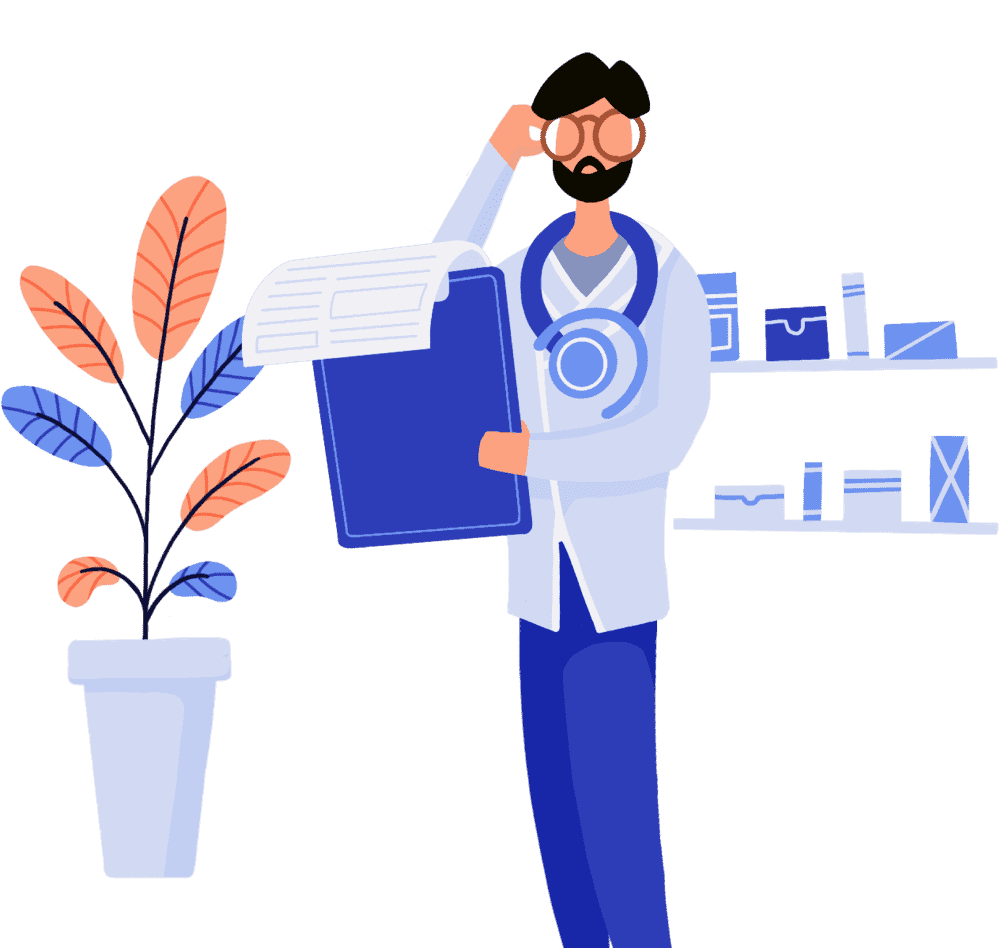Bank Holiday Delivery: Please note orders placed after Wednesday 16th April may not be delivered until after the Easter Bank Holiday.
- Home
- Chronic Conditions
- Acne Treatment
Acne Treatment
Acne is a long-term skin disease that is caused by hair follicles being clogged up by dead skin cells and oils. The side effect of this is spots that can become very inflamed and eventually leave scarring. Contrary to popular belief, the condition does not just affect teenagers and plenty of people of all ages suffer from acne.
Thankfully, we have numerous effective treatments for you to choose from, using the same reliable and safe service as always.
More Information
What is acne?
Acne is a disease that affects the sufferer's skin, causing spots and blackheads. This can be of varying degrees from mild or moderate infections that cause one or two spots that clear quickly, to severe infections that can be painful, ongoing and covering the face and back. It is prominent in adult men and women, although it’s typically associated with teenagers and going through puberty.
The spots that acne causes come in a number of different types. Whiteheads and blackheads are extremely common, but there are also papules (small pimples that cluster together in a rash), pustules (like a papule but containing pus), nodules (a small swelling caused by an inflammation under the skin), and cysts (very painful pockets of tissue fill with pus or air). Acne spots can be painful, but the condition also causes psychological symptoms such as a knock to self-confidence, embarrassment and upset.
What causes acne?
The causes of acne differ greatly from person to person but are largely due to hormones. The male sex hormones, androgens, (occurring in both men and women), are responsible for sebum production. This means that the hormone controls the amount of oil on our skin and hair, so a high level of production can cause blockages. These blocked or clogged pores become irritated and show as spots, and the imbalance in these hormones is why acne is often accompanied by oily skin and greasy-looking hair.
The shift that causes the hormone imbalance is the part that changes from person to person and can be due to stress, weather, chemicals (in skincare products or cosmetics), pregnancy or a woman’s menstrual cycle. Because it varies from person to person, the best thing to do is make a mental note of certain triggers that lead to acne breakouts and try and tailor your routine based on that.
It’s also this hormone shift that means the condition is highly prevalent in teenagers. When girls and boys hit puberty, their bodies begin to create male and female sex hormones, including androgens. This significant hormone shift throws your body off balance and leads to spots, oily skin and blackheads.
There is a common misconception that acne is caused by poor hygiene. The blockages in your pores are not due to dirt, but due to oils that your body creates naturally. In fact, washing your skin too vigorously, too often or with too many chemicals can actually make acne worse, as you could end up washing all the sebum oil away and your body will produce even more to make up for this deficit.
While certain products may be irritating your skin or body, makeup as a whole is not a cause of acne. In fact, wearing makeup can minimise the psychological side effects of acne, as it can make spots less noticeable and sufferers less self-conscious.
How can I treat acne?
Acne Cream
Because acne is linked so closely to the hormones in your body, there is no way to cure it in its entirety (in the way that you can with a bacterial infection, for example). There is no “miracle” treatment, but there are plenty of ways that you can successfully manage the levels of androgens in your body and reduce the number of breakouts.
At UK Meds, we stock a number of different prescription medicines to treat acne, including topical creams (to be applied to the affected skin) and oral tablets. Another option for women is the contraceptive pill. While a lot of combined or progestogen-only pills can cause acne in the first place, some (such as Dianette) can regulate your androgen production and reduce the effects of acne.
The benefit to prescription medications is that they have been extensively tested and proven to work reliably, however you could also try some over-the-counter options. They may work on fewer people, meaning you’ll have to apply a trial-and-error tactic, but some of them can be highly effective. Be aware though that some can be too harsh and strip your sebum oils away, leading to a worsening of your acne.
As well as medical treatment, your lifestyle and diet could be contributing factors too. While there’s no evidence to suggest that chocolate causes spots (like many people believe), some foods can affect the delicate balance of your body and you should, therefore, keep an eye out for any triggers. Of course, prevention is always better than cure so take good care of your skin, of your body, of your health in general and you should notice fewer breakouts.
Can laser treatment be used to treat acne?
Yes. Laser treatment can be used to treat acne that is mild to moderate for patients who have not had much success with antibiotics and/or acne creams.
There are two types of laser treatment for acne - ablative laser treatment and non-ablative laser treatment.
However, laser treatment is not suitable for patients suffering from severe acne, scarring acne and cystic acne. Your doctor or healthcare provider can assess if laser treatment is suitable for you.
Are skin gummies effective in treating acne?
There is little research to suggest that skin gummies and supplements are an effective way to treat acne. A research study by Burns et al (2022) concluded that it is vital for doctors and pharmacists to educate patients on the potential risks of acne skin gummies and supplements, due to the limited regulation and oversight of these dietary supplements.
Medically Reviewed by:
Dr. Alexis Missick MBChB. MRCGP
GMC reference no: 7151419
LinkedIn
Website
More Information
Medication delivered the next day from UK pharmacies



Choose the right treatment
From the comfort of your own home or out on the go, choose the treatment you require from our extensive range.
Complete an online consultation
A vital part of our process, your online consultation will be similar questions to that of a GP. Quick and easy, we guarantee privacy and confidentiality.
Delivered discreetly
One of over 100 of our partner regulated UK pharmacies will dispense and ship the treatment to you in discreet packaging.
Rated out of 5 on 
Quick and efficient service.
Very fast and efficent service
First class and reliable
Excellent service I ordered it on Wednesday and it arrived Thursday
Rated 4.6 out of 5 based on 6403 reviews
Here to help you
Our Customer Service is available Monday to Friday 9am - 5pm. If you need urgent assistance, do not use this service. Call 111, or in an emergency call 999. Visit our help section


